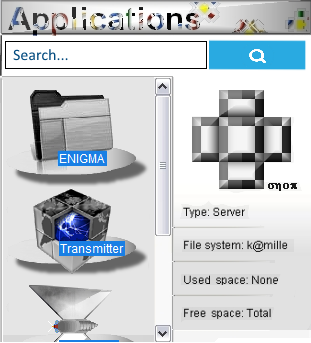- Imperator | Account: -5672083 SHARES. -540
- 13050 views
- Comments
- No comments yet.
- Imperator | Account: -5672083 SHARES. -270
- 9873 views
- Comments
- No comments yet.
- Imperator | Account: -5672083 SHARES. -270
- 2919 views
- Comments
- No comments yet.
- Imperator | Account: -5672083 SHARES. -0
- 2219 views
- Comments
- No comments yet.
- Imperator | Account: -5672083 SHARES. -270
- 49308 views
- Comments
- No comments yet.
- Shareholder | Account: 121 SHARES. +0
- 3823 views
- Comments
-
 Hawkeye
Well doesn't that look tempting?
Hawkeye
Well doesn't that look tempting?
- Shareholder | Account: 121 SHARES. +0
-
"Looking damn good!" - Private Album 
- 3828 views
- Comments
-
 Hawkeye
Looking damn good!
Hawkeye
Looking damn good!
- Shareholder | Account: 1632 SHARES. +270
-

- 4956 views
- Comments
- No comments yet.
- Shareholder | Account: 82713 SHARES. +0
-


- 4717 views
- Comments
- No comments yet.
- Imperator | Account: -5672083 SHARES. -0
- 6918 views
- Comments
- No comments yet.
- Imperator | Account: -5672083 SHARES. -0
- 9268 views
- Comments
- No comments yet.
- Imperator | Account: -5672083 SHARES. -0
- 9393 views
- Comments
- No comments yet.
- Imperator | Account: -5672083 SHARES. -0
- 11515 views
- Comments
- No comments yet.








 Anonymous
Anonymous













